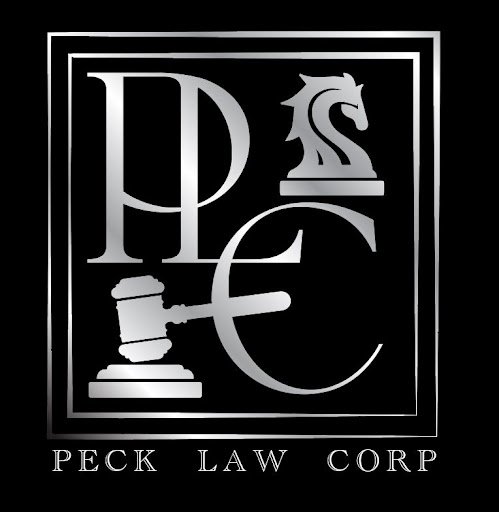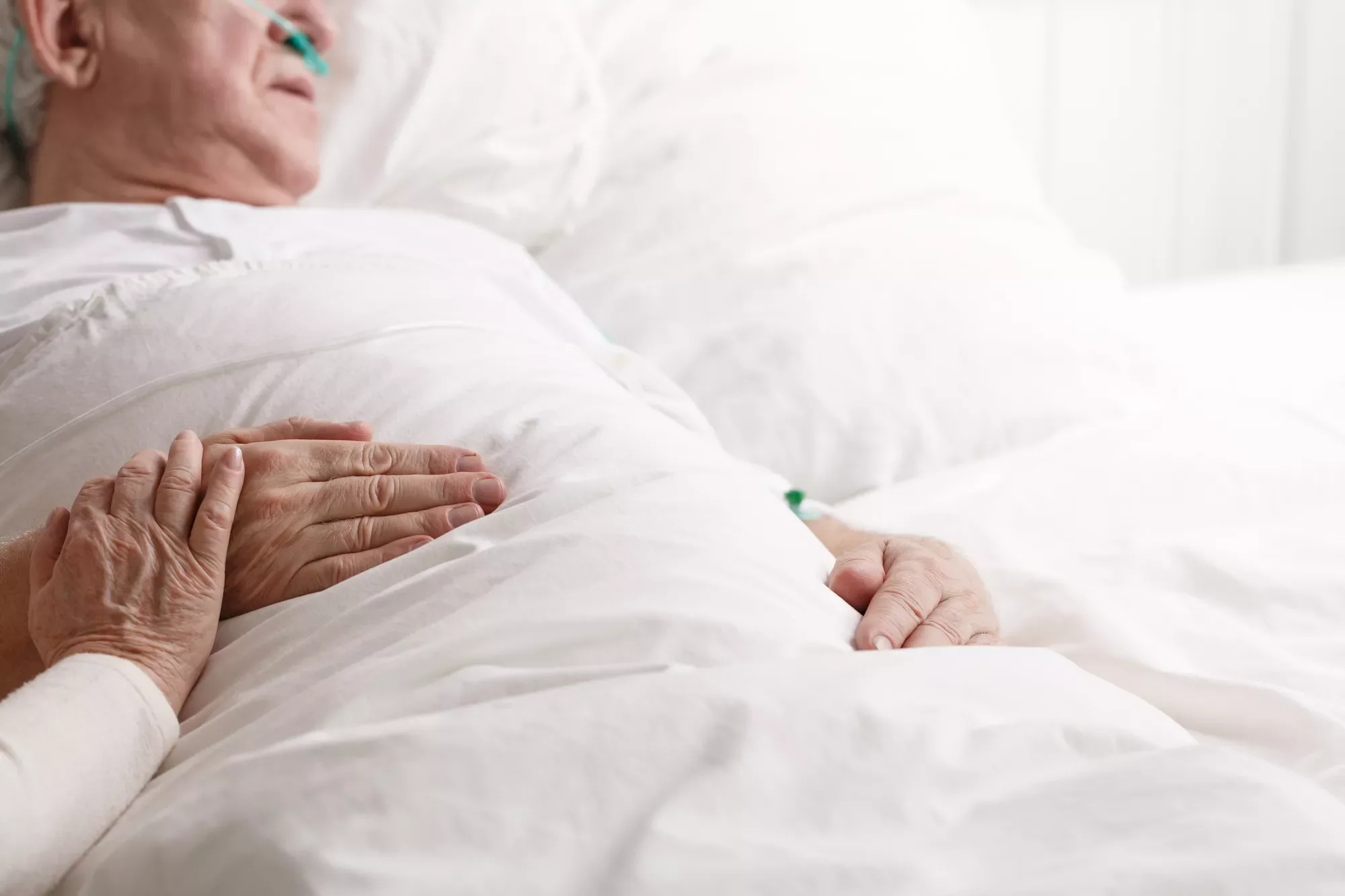Understanding Infection Control Guidelines in Nursing Homes
Infection control in nursing homes is a matter of life and death. Elderly residents often have weakened immune systems, making them especially vulnerable to illnesses such as influenza, pneumonia, and COVID-19. Because nursing homes house many people in close quarters, an outbreak can spread rapidly, affecting not only residents but also staff and visitors. To safeguard this population, both federal and California state regulations set strict infection control guidelines in nursing homes. Understanding these requirements—and the consequences of failing to follow them—is crucial for families, staff, and legal advocates alike.
Why Infection Control in Nursing Homes Is Critical
Nursing homes are unique healthcare settings where residents live in close quarters, often share caregivers, and may have weakened immune defenses. This combination creates an environment where infections can spread quickly if preventive measures are not taken.
• For Residents: Infections such as influenza, COVID-19, pneumonia, and urinary tract infections can lead to severe complications or death. Even minor illnesses can escalate rapidly.
• For Staff: Caregivers and medical staff are at risk of exposure, which may lead to absenteeism, staffing shortages, or even the spread of illness back into the community.
• For Visitors: Families visiting loved ones may unknowingly introduce pathogens or contract infections themselves, widening the scope of risk.
Without proper infection control, a single case can quickly become an outbreak, causing significant harm and even fatalities.
Key Infection Control Guidelines in Nursing Homes
Both federal and California state regulations set specific infection control requirements to ensure that nursing homes maintain safe environments.
Federal Standards
The Centers for Medicare & Medicaid Services (CMS) requires all nursing homes that participate in Medicare or Medicaid to implement an Infection Prevention and Control Program (IPCP). Key elements include:
• Infection Preventionist Role: Each facility must designate a trained professional responsible for overseeing infection control policies.
• Surveillance Systems: Nursing homes must monitor and track infections, identify trends, and implement corrective actions.
• Standard Precautions: Hand hygiene, proper use of personal protective equipment (PPE), and safe injection practices are mandatory.
• Transmission-Based Precautions: Facilities must follow protocols for isolating or grouping residents with communicable diseases when necessary.
• Education and Training: Staff must be trained regularly on infection control procedures.
California State Regulations
California builds upon federal requirements with its own Title 22, California Code of Regulations, and guidance from the California Department of Public Health (CDPH). These state-level guidelines emphasize:
• Written Infection Control Policies: Facilities must maintain comprehensive, up-to-date policies tailored to their resident populations.
• Environmental Sanitation: Regular cleaning, disinfecting, and waste management procedures are mandatory.
• Immunization Requirements: Nursing homes must offer vaccines, such as influenza and pneumococcal shots, to residents and staff.
• Emergency Preparedness: Facilities must have protocols for managing infectious disease outbreaks, including communication with local health departments.
• Mandatory Reporting: Facilities are legally required to report certain communicable diseases to CDPH to help contain potential outbreaks.
Together, these infection control guidelines in nursing homes aim to minimize risks and ensure consistent, safe care.
Legal Implications of Poor Infection Control
When nursing homes neglect infection control, the consequences are not only medical but also legal. Under California law and federal regulations, nursing homes are obligated to protect residents from foreseeable harm, including the spread of infectious diseases. Failure to do so may constitute negligence or even elder abuse.
Negligence and Liability
If a facility fails to follow mandated protocols—such as neglecting to train staff or ignoring sanitation standards—it may be held liable for any resulting illness or death. Families may have grounds to pursue claims for negligence, wrongful death, or violation of residents’ rights.
Violations of Residents’ Rights
The Residents’ Bill of Rights in California guarantees a safe and healthful environment. Poor infection control can violate these rights, opening the door to legal action. Regulators may also impose fines, revoke licenses, or take other enforcement measures against noncompliant facilities.
Families’ Legal Recourse
Families who suspect that their loved one contracted an illness due to poor infection control in nursing homes should seek legal counsel. Attorneys experienced in elder law can investigate whether the facility violated state or federal guidelines and pursue compensation for harm caused.
How Peck Law Corporation Can Help
At Peck Law Corporation in Simi Valley, we understand the devastating impact that nursing home negligence can have on families. Our firm has extensive experience handling cases involving elder abuse, neglect, and violations of healthcare regulations in California. We are deeply familiar with infection control guidelines in nursing homes and know how to identify when a facility has failed to protect its residents.
Our team is committed to holding negligent nursing homes accountable and fighting for justice on behalf of families. Whether a loved one has suffered from preventable illness, injury, or wrongful death, Peck Law Corporation is prepared to pursue every available legal remedy. We provide compassionate support while aggressively advocating for our clients’ rights.
Ensure the Safety of Your Loved Ones. Contact Peck Law Corporation Today
Infection control in nursing homes is not optional—it is essential to the safety and dignity of residents. California’s infection control guidelines in nursing homes exist to prevent outbreaks and protect vulnerable populations. When facilities fail to follow these rules, the consequences can be devastating, but families are not without recourse.
If your loved one has suffered due to poor infection control in a nursing home, do not wait to take action. Contact Peck Law Corporation today to speak with an experienced nursing home abuse attorney or nursing home infections lawyer who understands the law, the regulations, and the importance of accountability. Together, we can fight for justice and ensure that negligent facilities are held responsible.
FAQs
-
Residents are most at risk for respiratory infections like influenza and pneumonia, urinary tract infections, and gastrointestinal illnesses. These conditions can spread quickly in communal living environments if infection control protocols are not followed.
-
Common practices include proper hand hygiene, use of personal protective equipment (PPE), vaccination programs, and routine cleaning and disinfecting. Facilities must also isolate residents with contagious illnesses when necessary.
-
Failure to comply can result in fines, regulatory sanctions, or even loss of licensure. Families may also pursue legal action for negligence if residents suffer harm due to poor infection control.
-
Yes. In California, facilities must report certain communicable diseases to the Department of Public Health. This reporting helps contain outbreaks and ensures state oversight of the facility’s response.



